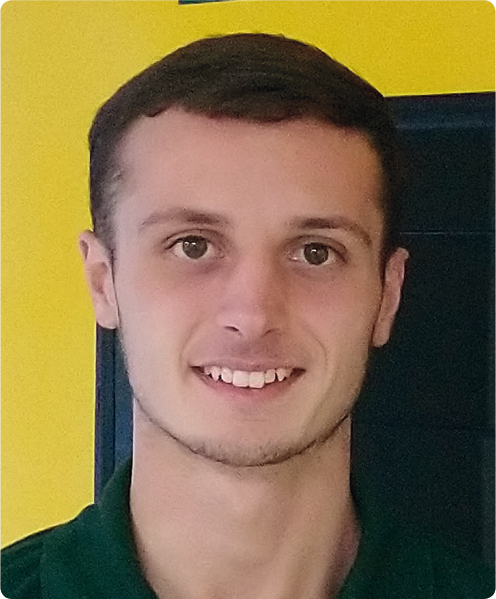
What a busy few months it's been since my last column! I've had my first experience out on placement, I've completed my first OSCE (Objective Structured Clinical Examination) and completed my first two assignments. It's been tough with lots of work to complete but I've enjoyed every second of it!
I've been on placement for just over 6 weeks now and have experienced such a variety of incidents ranging from falls and infections, to road traffic collisions, cardiac arrests and everything in between. The variety of incidents really took me by surprise as I am beginning to realise just how varied the role actually is. The clinicians I have worked with have been absolutely fantastic (not just the paramedics, but also the emergency medical technicians, nurses and doctors). I have learned so much from every single one of them and my level of confidence has shot up as a result. They have all pushed me to get involved and I have learned more than I thought I would.
Being on placement has also helped me with my anatomy and physiology knowledge and understanding. Being able to link theory from the current bioscience module to practice has helped me to understand and revise the concepts, which is a real help considering how much there is to learn. I also had the privilege of completing a few shifts with a community paramedic, which was an amazing experience and allowed me to learn a lot about alternative pathways for patients and how the ambulance service deals with frequent callers. However, it has been hard to pick out my most memorable incident as every one has been unique and interesting in its own way. I would definitely recommend other students who are going out for the first time to get stuck in and not be afraid to ask questions—that's how you'll maximise learning, even from patients themselves.
On reflection of my placement, I feel as though I have developed immensely, not just as a student but as a person as well. I have been able to undertake things that a few months ago, I never thought I could, such as basic airway management and clinical handovers. I can't wait to get back out now; it is definitely the best part of university.
As far as my first experience of an OSCE, which is a practical assessment that examines students’ skills in a particular scenario, it was based around basic life support. For me, it was nerve-racking at first, despite having numerous sessions practising the skills and scenario. However, once I started the exam, the nerves disappeared and I was able to get into a flow of what I had been practising. I never thought I'd be saying this about an exam but I quite enjoyed it once I got into it. Afterwards, I felt confident with what I had done and I am now just awaiting my results to see if I have passed or failed—fingers crossed!
In the next few months, I will be back out on placement, and will also have my first experience with spoke placements. These are placements that we complete outside of the ambulance service, for example in a GP surgery or on an acute medical unit. Hopefully this will give me experiences that I would otherwise not have as a student, and allow me to better inform my patients of the process through admission to discharge in hospital. It will also allow me to gain a broader knowledge of health conditions and treatment/pathways for patients. After all, I have my anatomy and physiology exam coming up!

